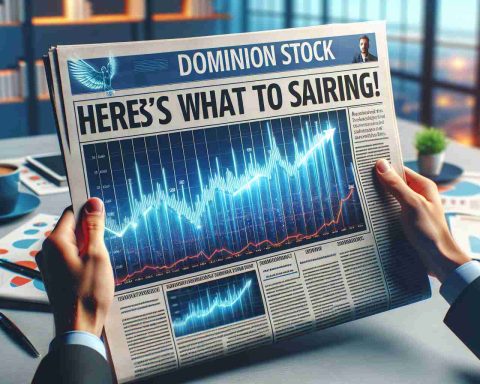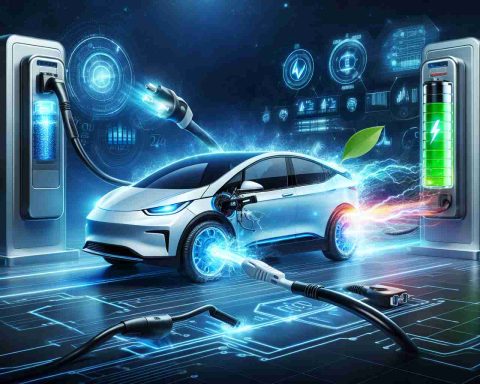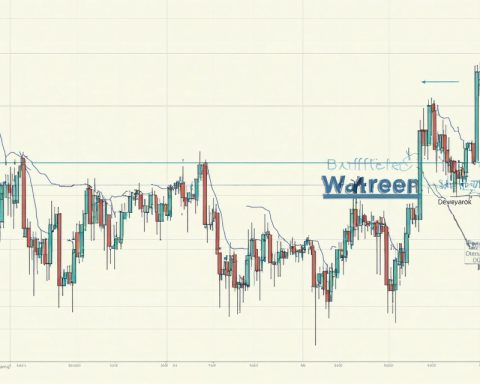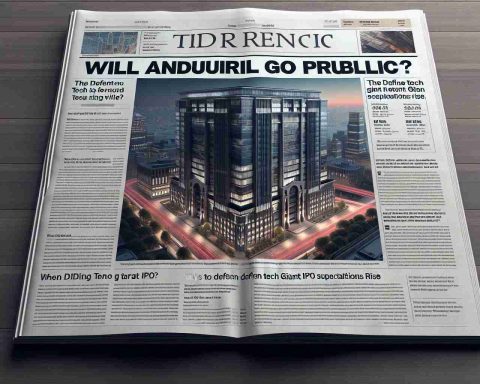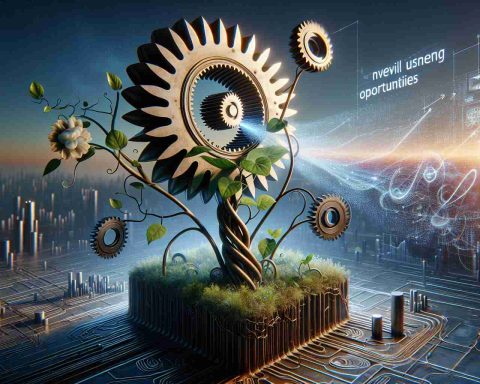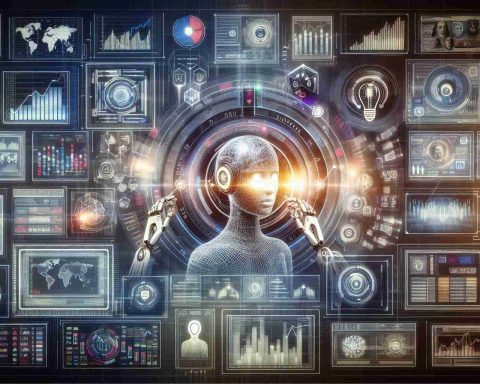Energy Efficiency - Page 54
Energy efficiency refers to the practice of using less energy to provide the same level of service or achieve the same outcome. It involves optimizing energy use in various applications, such as heating, cooling, lighting, and industrial processes, to reduce energy consumption while maintaining performance and comfort. Energy-efficient technologies and practices aim to minimize energy waste, lower energy costs for consumers, and reduce environmental impacts associated with energy production and consumption. Common examples include energy-efficient appliances, LED lighting, improved insulation in buildings, and advanced manufacturing processes that utilize less energy for the same output. Enhancing energy efficiency is crucial for achieving sustainability goals, reducing greenhouse gas emissions, and conserving natural resources.




